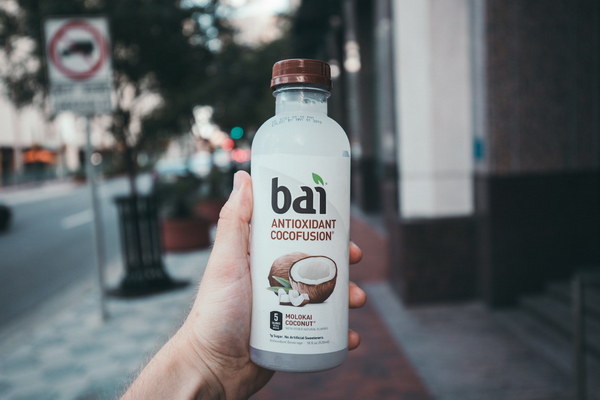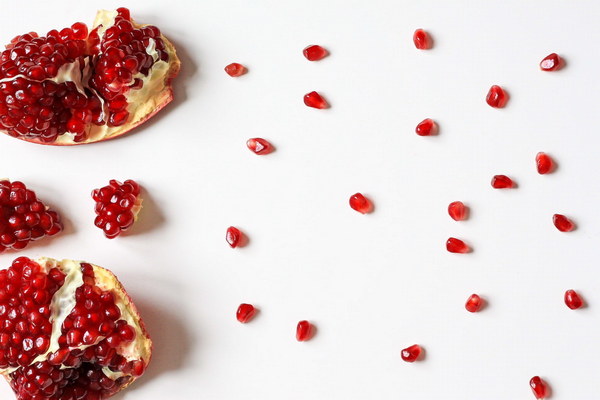Post-Allergy Care Nurturing Your Body for Optimal Recovery
After enduring the discomfort and distress of an allergic reaction, it's crucial to focus on post-allergy care to ensure your body recovers fully and prevent future occurrences. Nurturing your body during this period is essential for a healthy and robust immune system. Here's a comprehensive guide to post-allergy care that can help you on the road to recovery.
1. Rest and relaxation
Allowing your body to rest and recover is vital after an allergic reaction. Ensure you get adequate sleep to help your immune system regenerate and fight off any lingering symptoms. Resting also helps reduce stress, which can exacerbate allergic reactions.
2. Hydration
Maintaining proper hydration is essential during the recovery process. Water helps flush out toxins from your body, supports your immune system, and aids in the removal of allergens. Aim to drink at least eight glasses of water a day, and consider adding herbal teas or broths to your fluid intake.
3. Balanced diet

A nutritious diet can provide the necessary nutrients to support your body's healing process. Incorporate a variety of fruits, vegetables, whole grains, lean proteins, and healthy fats into your meals. Foods rich in antioxidants, such as berries, spinach, and kale, can help reduce inflammation and strengthen your immune system.
4. Avoid allergens
Identifying and avoiding the allergens that triggered your reaction is crucial for preventing future allergic episodes. Keep a diary of potential allergens and note any patterns that may indicate the cause of your allergy. Consult with a healthcare professional to develop an effective avoidance strategy.
5. Over-the-counter medications
Over-the-counter (OTC) medications can help alleviate symptoms such as itching, sneezing, and congestion. Antihistamines, decongestants, and corticosteroids can be effective in managing allergic reactions. Always follow the dosage instructions and consult a healthcare professional if you have any concerns.
6. Natural remedies
In addition to OTC medications, there are several natural remedies that may help alleviate allergic symptoms and support your body's healing process. These include:
- Local honey: Consuming a small amount of local honey can help build immunity to local pollen.
- Vitamin C: This vitamin has antioxidant properties that can help reduce inflammation and support your immune system.
- Quercetin: A flavonoid found in fruits, vegetables, and grains, quercetin has anti-inflammatory properties and can help prevent allergic reactions.
7. Exercise and stress management
Regular exercise can help improve your overall health and strengthen your immune system. Engaging in activities such as walking, cycling, or swimming can also help manage stress, which can exacerbate allergic reactions. Practice stress-reduction techniques like meditation, deep breathing, or yoga to maintain a healthy mental state.
8. Seek professional advice
If you continue to experience allergic symptoms or if your allergies seem to be worsening, it's essential to seek professional advice. An allergist can provide a diagnosis, recommend appropriate treatments, and help you develop a comprehensive allergy management plan.
By following these post-allergy care tips, you can support your body's healing process and reduce the risk of future allergic reactions. Remember, taking care of your body after an allergic episode is just as important as treating the symptoms during the reaction. With proper care, you can enjoy a healthier, more comfortable life.









